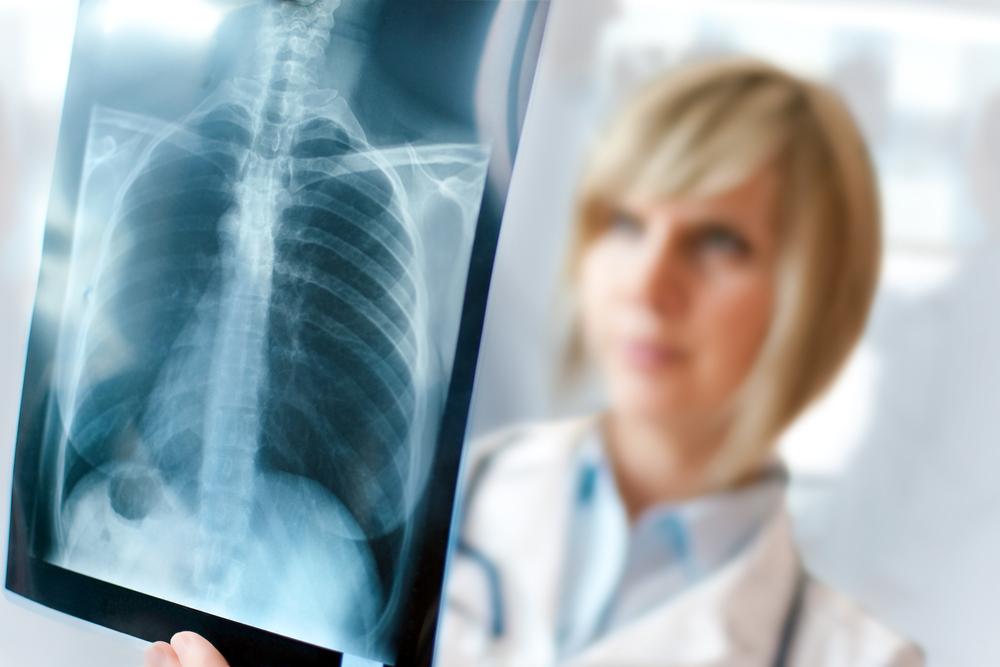
Symptoms of Lung Cancer Not to be Ignored
Lung cancer, also known as lung carcinoma, is the type of cancer affecting the lungs and characterized by the uncontrolled growth of cancer cells in the lung tissues. At the later stage of the disease, the growth of the tumor can spread beyond the lungs and affect other parts of the body. There are several types of lung cancer: non-small cell lung cancer (NSCLC), adenocarcinoma, squamous cell carcinoma, and large cell carcinoma.
Like any other form of cancer, lung cancer has certain symptoms. Here is the list of the most common symptoms of lung cancer that shouldn’t be ignored:
1. Sudden weight loss
According to the American Society of Clinical Oncology, weight loss is one of the first and most warning symptoms of cancer. Approximately 40% of patients diagnoses with lung cancer experienced some kind of weight loss before the disease was diagnosed. The loss weight occurs for several reasons, including changes to hormones, immune function changes, loss of appetite, changes to metabolism, and others.
2. Chronic fatigue
Amenia or a blood disorder characterized by a low red blood cell count is often caused by lung cancer. Patients with anemia often feel tired, exhausted, sleepy, and unable to concentrate because of the lack of oxygen in the tissues. Therefore, if you notice you started getting tired too quickly, it is the reason to talk to your doctor.
3. Chronic coughing
A slight cough that is not going away might be an early symptom of lung cancer. Many smokers mistakenly believe that coughing is caused by smoking. Unfortunately, it is not always like that. If you cough regularly and have noticed some changes in your coughing, it might indicate serious changes in your lungs. Another warning sign is the presence of blood in the mucus when you cough.
4. Back, chest, or shoulder pain
Since there are only few nerve endings in the lungs, most patients with lung cancer don’t feel any pain at the early stage of the disease. However, the pain might occur when the tumor stars invading ribs, the chest wall, and the nearby tissues. As the tumor keeps growing, a person might feel pain in the chest, shoulder, back, and arms.
5. Shortness of breath
If the tumor in the lungs starts blocking or narrowing airways, a person might notice changes in breathing. It might also occur because of the tumor fluid building up in the chest. Therefore, if you will your breath is winded or short, or if it’s becoming difficult to breathe after performing regular daily tasks, you shouldn’t ignore it.



